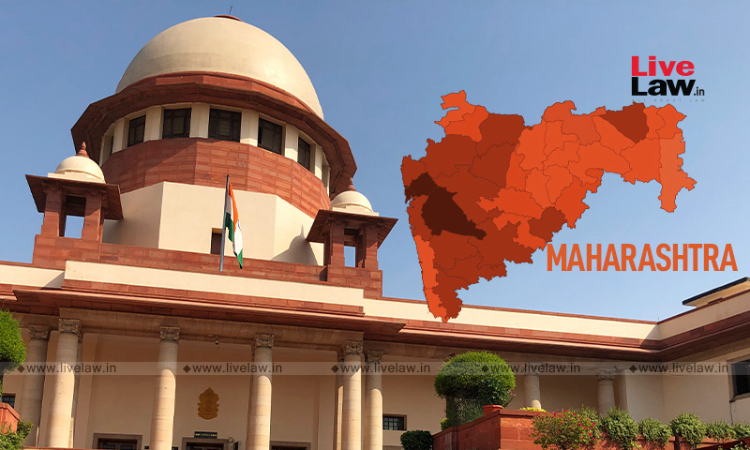The Supreme Court on Wednesday dismissed the writ petition field by the State of Maharashtra seeking to direct the Union Government to share the raw census data collected in the Socio-Economic Caste Census(SECC) held during 2011. The State Government sought the raw census data for implementing reservation for Other Backward Classes(OBC) in the local body elections.A bench comprising Justices...

